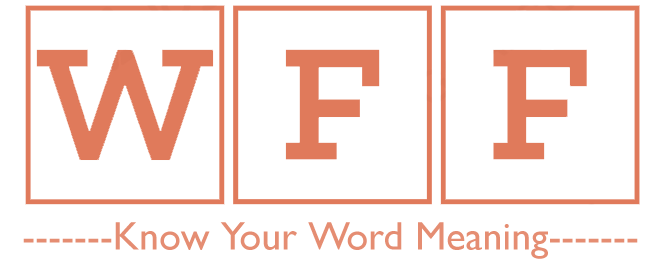The worlds of music and gaming collided recently when Canadian rapper Drake responded to popular streamer Pokimane’s critique of his partnership with Stake, a cryptocurrency gambling platform. Pokimane, known for her strong stance on gambling promotion, called out Drake’s association with the platform, prompting a sharp retort from the hip-hop superstar. The exchange has sparked widespread debate about ethics, influence, and responsibility in online spaces.
The Celebrity-Streamer Clash Everyone’s Talking About
The worlds of music and gaming collided recently when renowned rapper Drake found himself in a heated online spat with popular Twitch streamer Pokimane. The issue? Drake’s partnership with online crypto-gambling platform, Stake. Pokimane, known for her outspoken views, didn’t mince words in her criticism, prompting a sharp retort from the music megastar.
Pokimane’s Stand Against Gambling Promotion
Pokimane, a prominent voice in the gaming and streaming community, has consistently spoken out against gambling sponsorships, particularly in the gaming sphere. She argues that such partnerships normalize risky behaviors and disproportionately affect young, impressionable audiences. Her concerns about Stake—a crypto-casino gaining popularity among influencers—are part of a broader criticism of gambling’s rising influence on digital platforms.
In a recent stream, Pokimane expressed her disappointment with Drake, questioning why such a global icon would align himself with a controversial platform. “It’s about responsibility,” she said, highlighting the rapper’s massive influence and the potential impact of his endorsement.
Drake Breaks His Silence
Drake, who has never shied away from controversy, responded to Pokimane’s remarks during an Instagram Live session. “What’s she mad about?” he quipped, before defending his decision to collaborate with Stake. The rapper explained that his partnership is purely a business decision, one rooted in entertainment and innovation.
“I’m not out here telling people how to live their lives,” Drake said. He added that his involvement with Stake is transparent, emphasizing that users should gamble responsibly. “People need to make their own choices—this isn’t about me endorsing bad habits.”
The Stakes of This Debate
The argument between Drake and Pokimane touches on a broader debate within the influencer and gaming communities. Gambling sponsorships have become a divisive issue, with critics pointing to the ethical implications of such deals, particularly when influencers have young and impressionable audiences.
Supporters, however, argue that gambling content, when done responsibly, is a legitimate form of entertainment. Drake’s defenders claim his collaboration with Stake aligns with his brand’s innovative ethos and that he’s not promoting gambling recklessly.
Public Reactions: Divided as Ever
Social media quickly became a battleground for opinions on the feud. While Pokimane received praise for calling out gambling sponsorships, others accused her of targeting Drake unfairly. Some fans sided with the rapper, pointing out that adults should be responsible for their decisions and entertainment choices.
The controversy has also reignited discussions around Twitch’s handling of gambling streams. In recent years, the platform has faced backlash for its stance on gambling content, leading to restrictions on certain types of streams. However, high-profile partnerships like Drake’s with Stake continue to fuel debates about the role of influencers in shaping online habits.
Will This Change Anything?
While neither Drake nor Pokimane seems likely to back down, their clash underscores the growing need for clearer boundaries and ethical considerations in influencer marketing. As platforms like Twitch grapple with these challenges, the conversation around gambling sponsorships—and their potential harms—will only intensify.
Whether this feud leads to meaningful changes or fizzles out as just another internet drama remains to be seen. For now, it’s a reminder of the power—and responsibility—that comes with being an influencer in the digital age.



